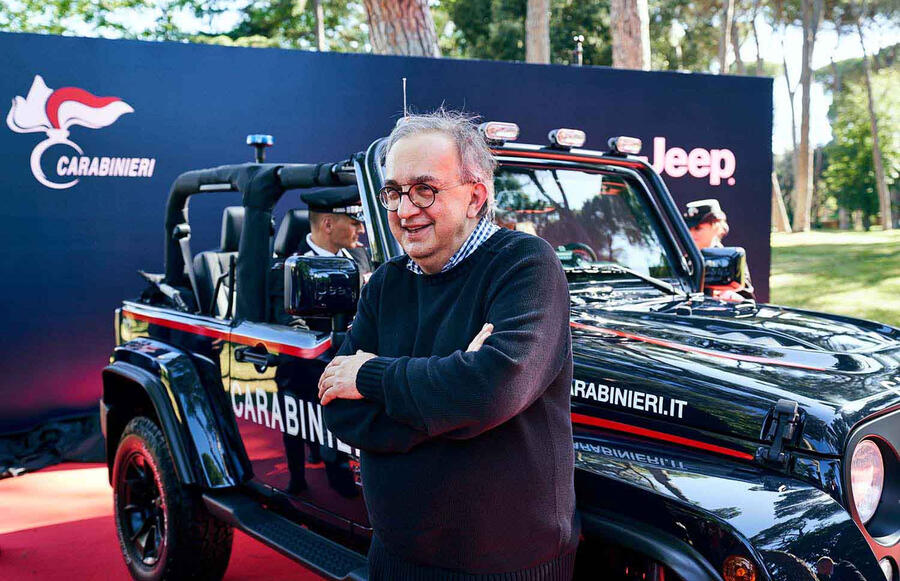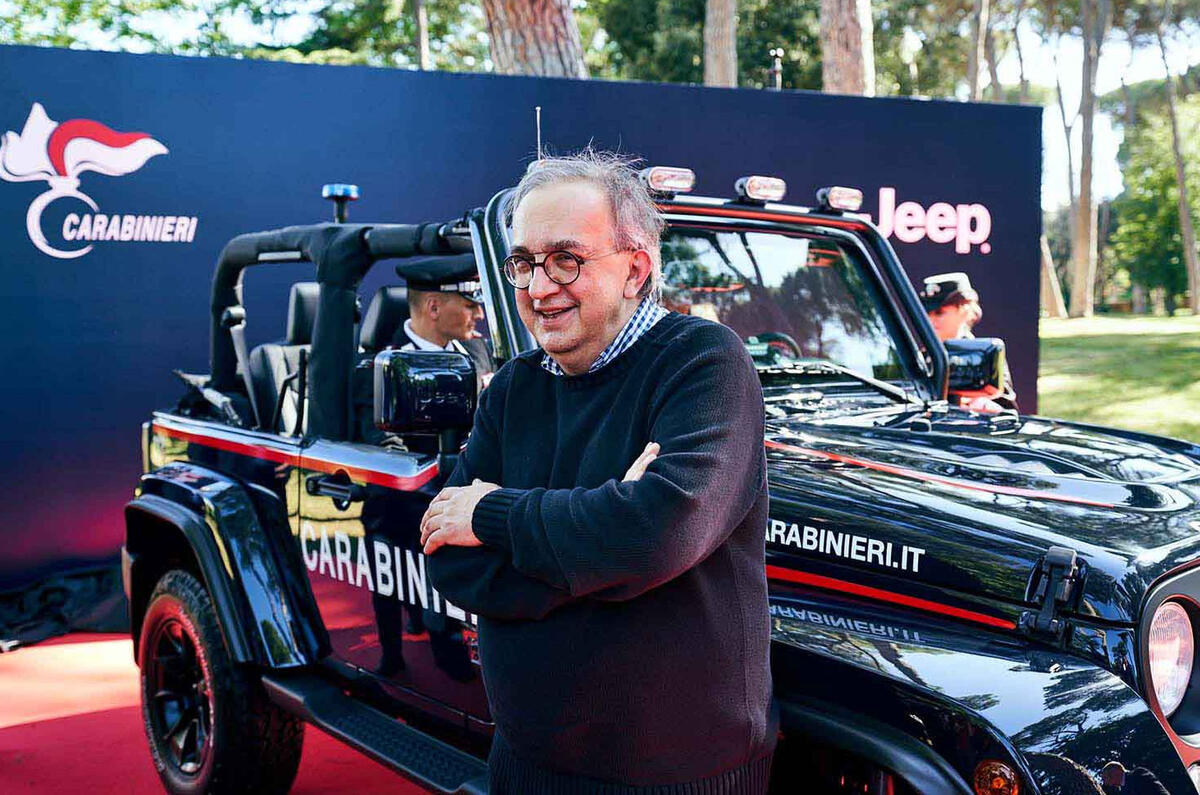When Sergio Marchionne first arrived at Fiat in 2004, he did a very interesting thing. He was an outsider to not only Fiat but also to the giant and deeply complicated motor industry, and he didn't pretend to know all the answers to Fiat’s myriad problems.
So he did that rare thing for a CEO: asked people what they thought. In his first weeks at Fiat’s monolithic headquarters in Turin, he paid unannounced visits to even quite junior managers throughout the building. Dressed in his trademark pullover, he would take a seat and ask the presumably startled employee what they were working on. From this, he gauged all the interesting projects the company had in the works.
He also, of course, got to assess the people. It quickly became clear who still had fire in their belly and who had been beaten down by years of decline and mismanagement and were now going through the motions.
Learning through talking
For someone with an enormous intellectual hinterland, prone to quoting Wittgenstein while discussing production numbers, the irony of Marchionne’s management philosophy is that he didn’t really have one.
If it had a name, it would probably be best known as ‘management by walking around’. In the UK, this approach was first popularised by Sir John Harvey-Jones, boss of ICI in the 1980s. When touring the giant chemicals plants the firm operated, Harvey-Jones would surprise onlookers by greeting workers by name and even asking after their wives, whose names he also usually knew. While he did have a very good memory, there was also a backup in place: an assistant kept a notebook with all the details.
And this little artifice was probably known by many, but it didn’t matter: it showed that he cared. As Sir Winston Churchill once observed, ‘little things make a big difference’. Front-liners returned the favour by telling Harvey-Jones things his own management had kept from him, which often led to improvements and resulted in him being hailed as a business hero. He would later become a TV guru about business.

Duty







Join the debate
Add your comment
Refreshing approach to understanding a vast organization
Most new C.E.O'S arrive with a mandate to generate revenue for the shareholders asap! Therefore just take the slash and burn approach looking good people who take the severance packages and head for the exits. Even worse the competition! He really revived Chrysler 's portfolio and made Alfa Romeo exciting again. I hope his successor was paying attention. He has some colourful jumpers to fill.